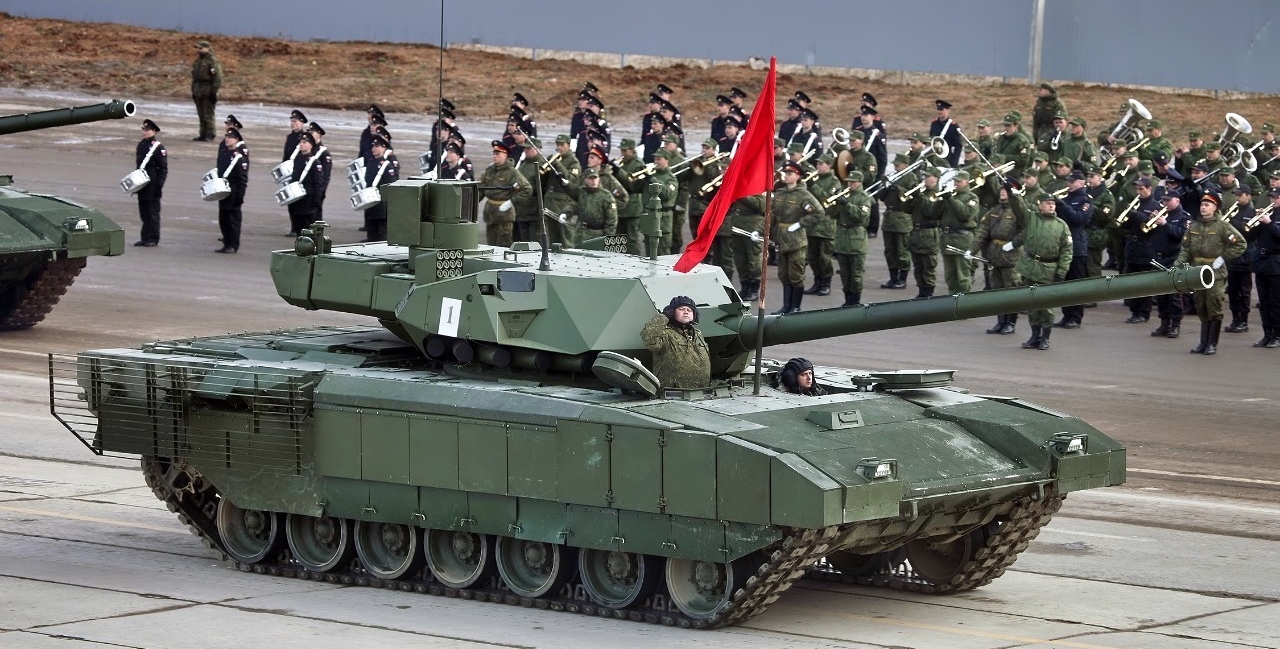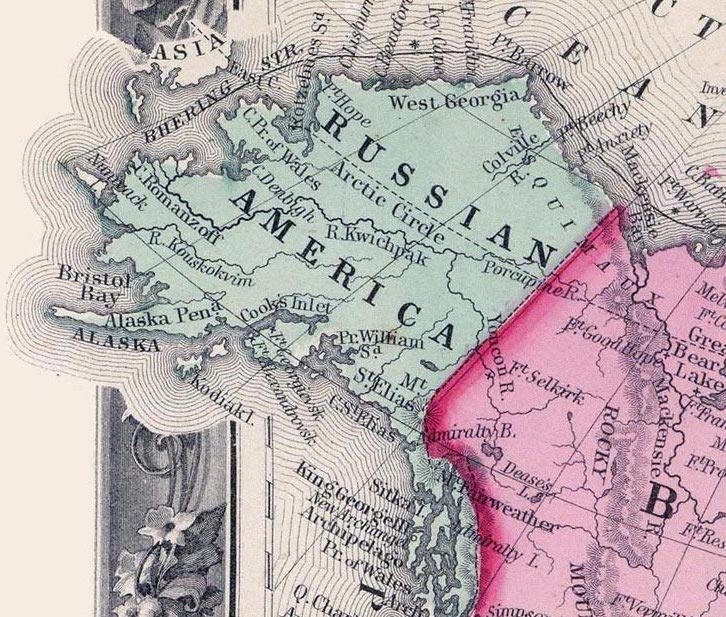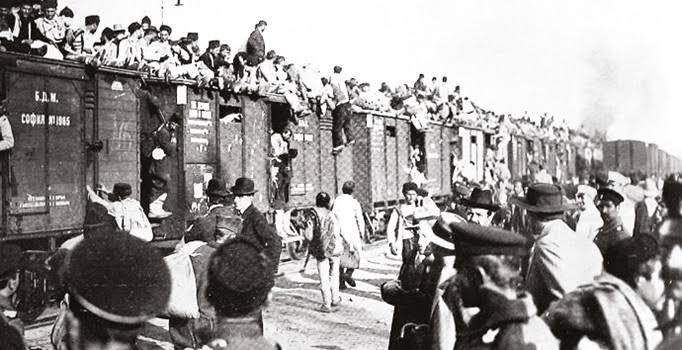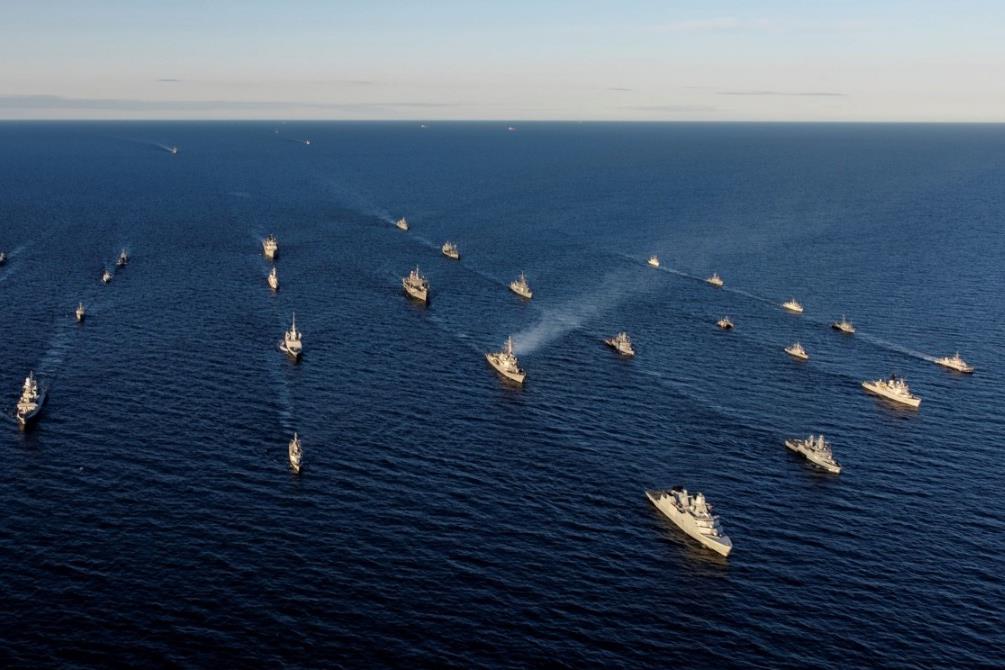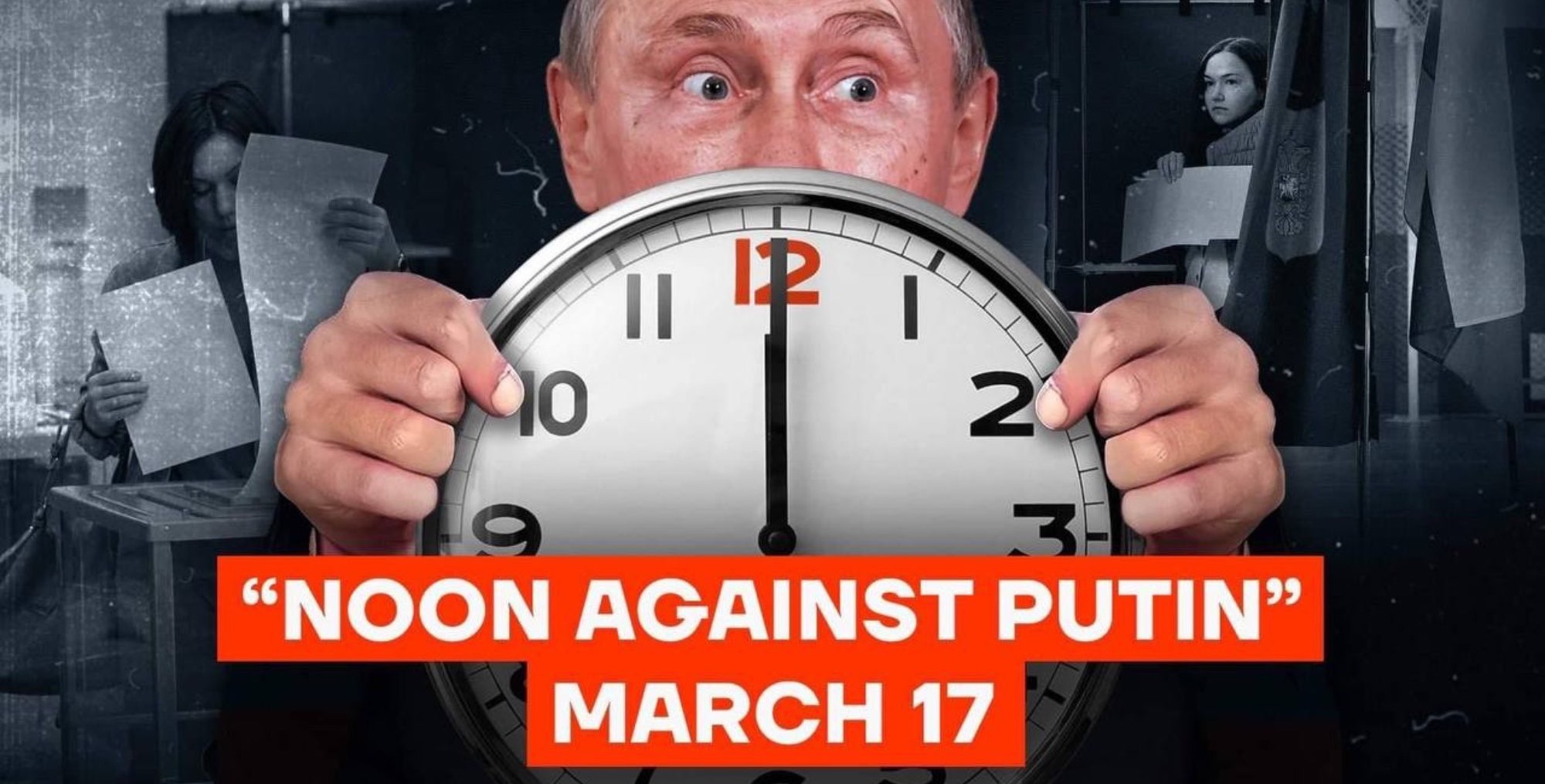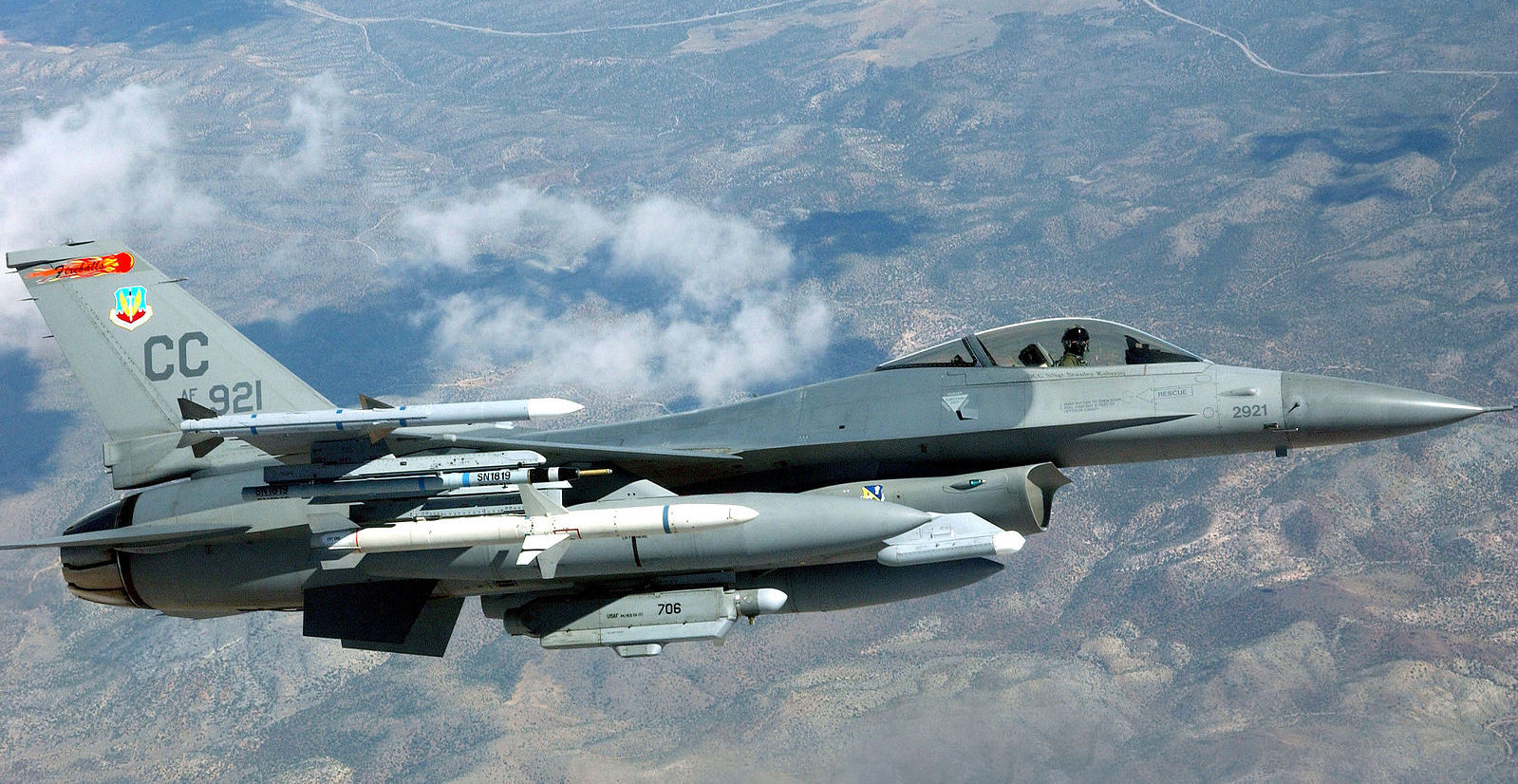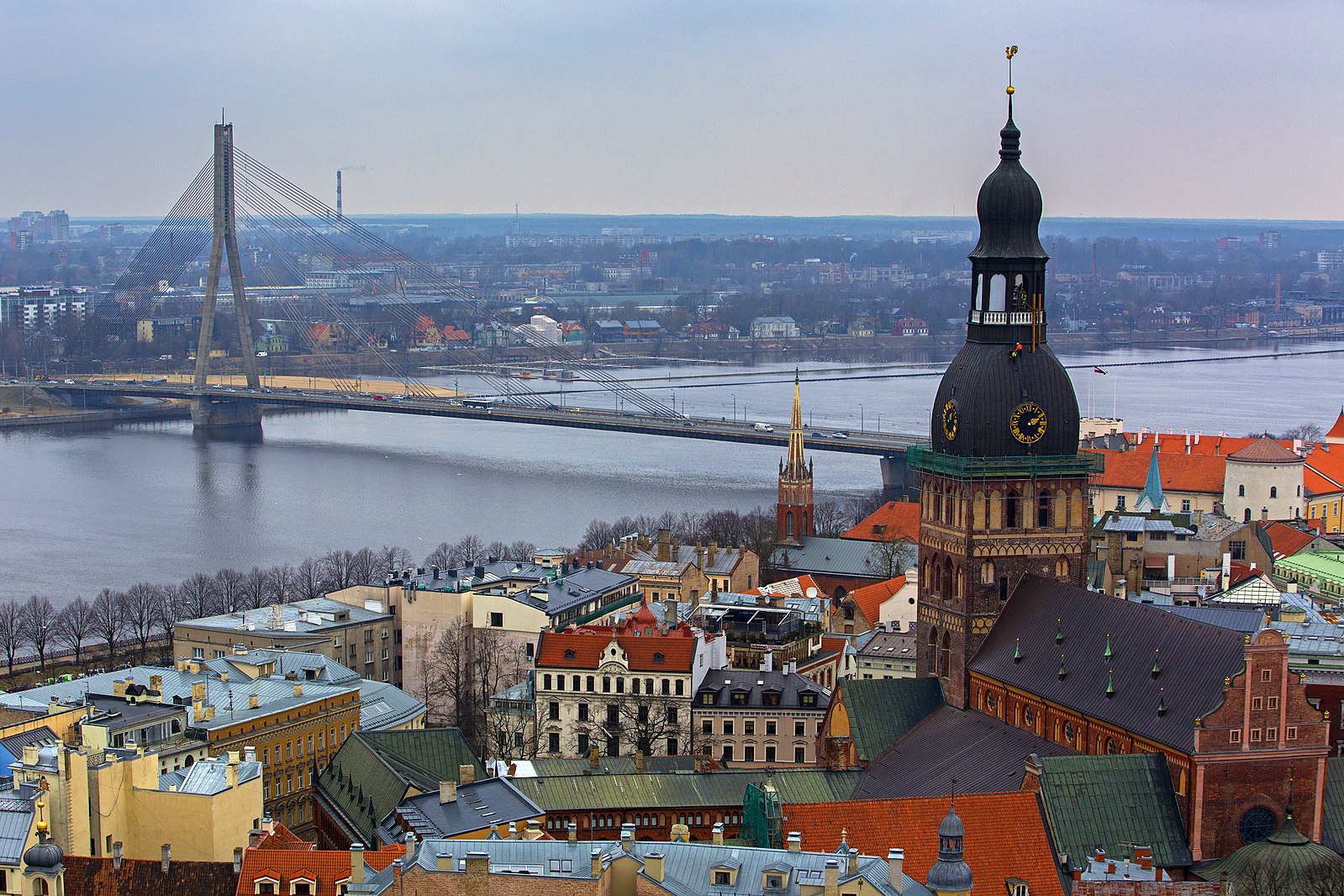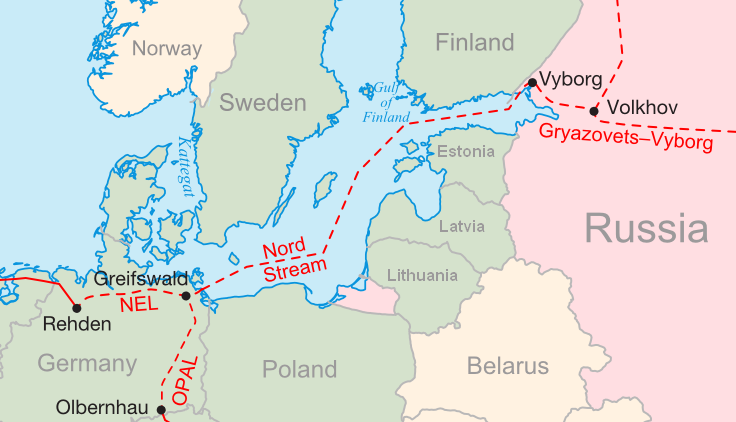
Finland seizes ‘shadow’ vessel in cable caper
Finnish authorities announced that they are investigating damage to an undersea telecommunications cable in the Gulf of Finland after seizing a vessel suspected of sabotage in the incident. After telecommunications authorities detected a fault in the undersea cable linking Helsinki and Tallinn, Estonia’s capital, Finland’s Border Guard was mobilized, and located a suspicious vessel within the country’s exclusive economic zone. After taking control of the vessel, Border Guard officials told reporters that the cargo ship had been sailing from the Russian port of St. Petersburg to Israel. Officials linked it to Russia’s “shadow fleet” allegedly used to circumvent Western sanctions, describing the incident as part of a broader pattern of “hybrid threats” targeting critical infrastructure in the Baltic Sea. (Map: Google)



